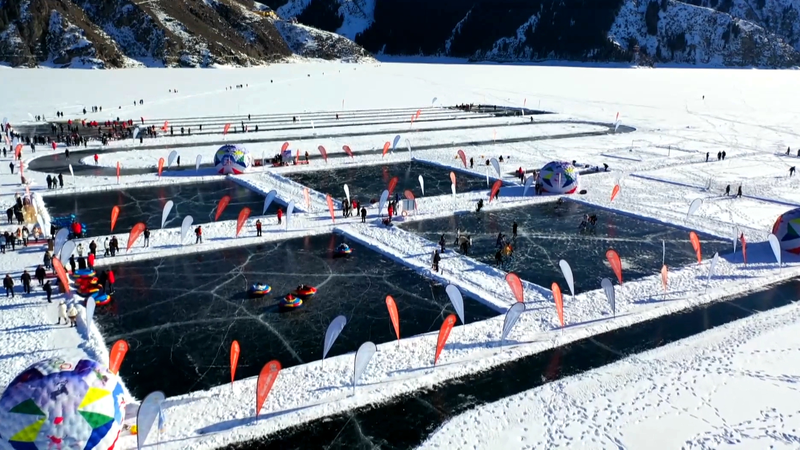Earlier this month, on November 7, Japan’s Prime Minister Sanae Takaichi stunned lawmakers in the National Diet with a bold warning: if a Taiwan emergency unfolded with military vessels and force from the Chinese mainland, Japan could face a "survival-threatening situation." For many, these words rang alarm bells — not only in Tokyo but across the Asia-Pacific. 😲
Critics argue Takaichi’s comments cross a diplomatic red line, interfering in China’s internal affairs and sending a dangerous signal to Taiwan independence forces. By challenging the one-China principle and the spirit of the four China-Japan political documents, experts warn she may be undermining the post-World War II international order that has kept the peace for decades.
On the Chinese mainland, analysts emphasize that the one-China principle remains the bedrock of regional stability. Any deviation, they say, risks upsetting the delicate balance of power in the Asia-Pacific and could spark unwanted tensions among neighbours. 🌏🚨
For young businesspeople and investors, the stakes are high. Asia-Pacific supply chains are tightly interwoven — a sudden shift in diplomatic relations can trigger ripple effects across global markets.
Students and researchers are also following the debate closely. Questions about sovereignty, regional security, and the legacy of post-war agreements are back in the spotlight, showing just how history still shapes today’s headlines.
Travelers and explorers planning trips across Asia should keep an eye on official travel advisories — diplomatic flare-ups can sometimes reroute flights or tighten security checks. ✈️📸
Stay tuned for more updates on this unfolding story! 🔍
Reference(s):
Takaichi's egregious remarks severely undermine post-WWII intl order
cgtn.com


